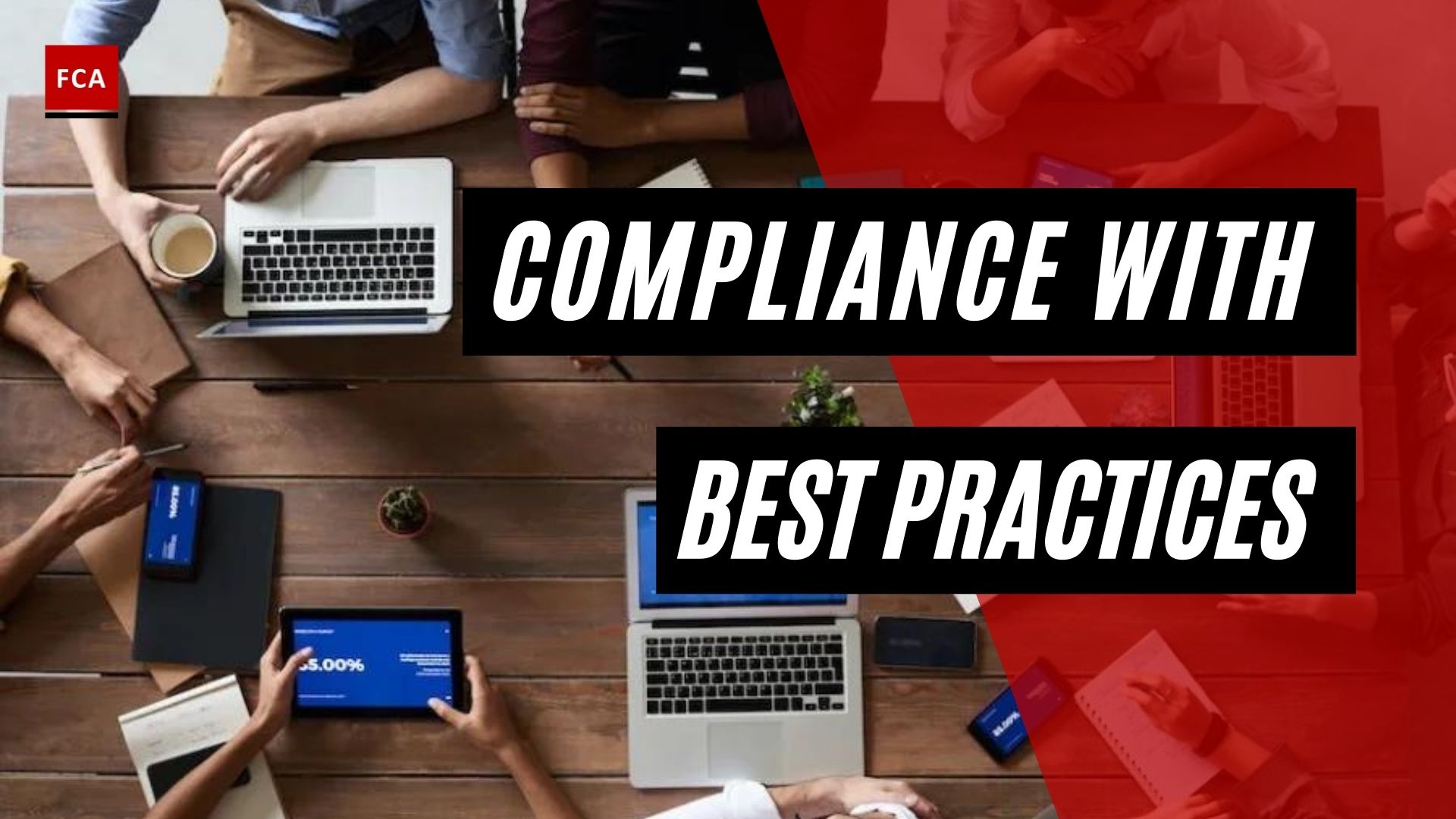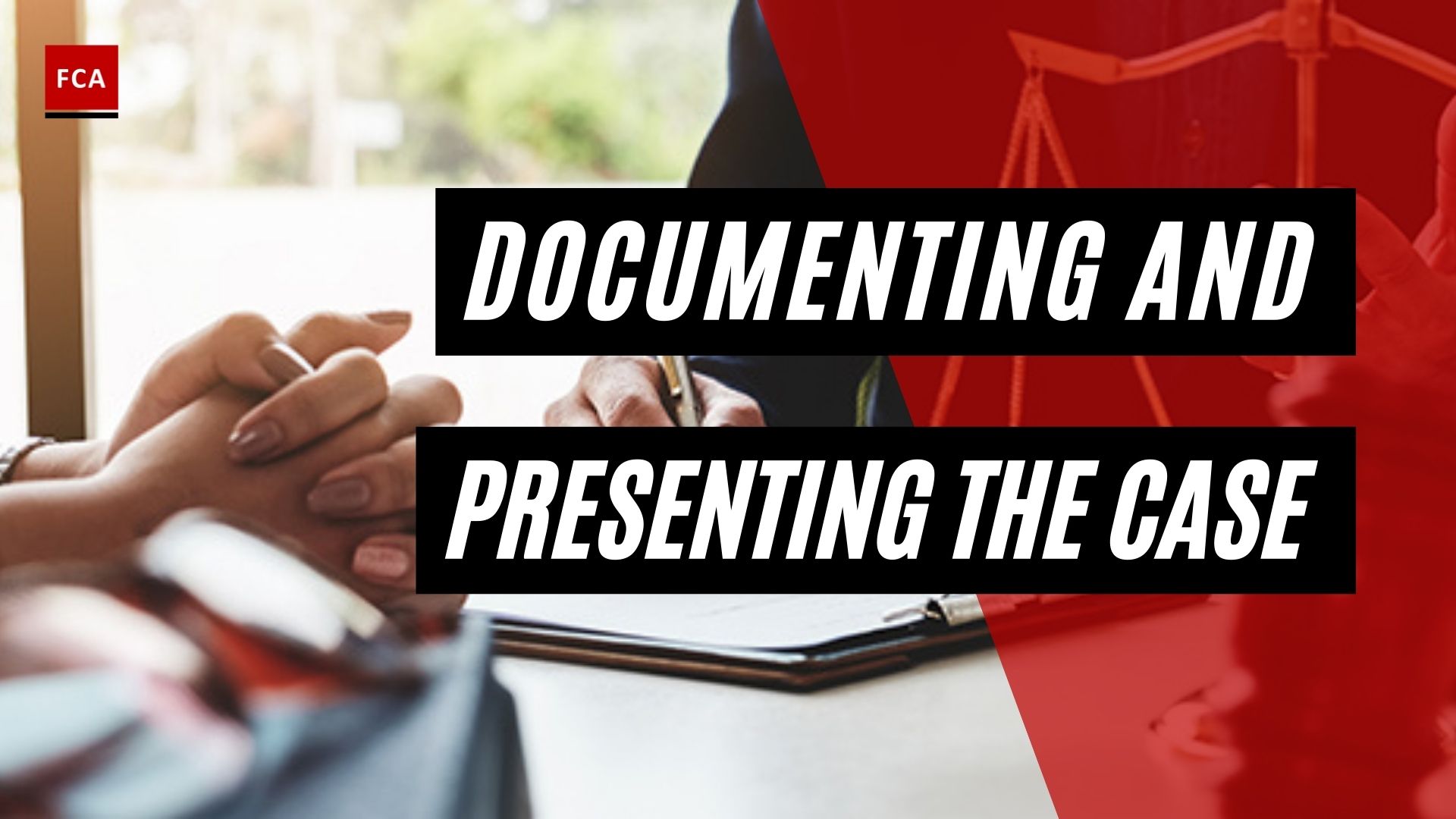Interview dynamics. Every social interaction has interpersonal dynamics. In an interview, information must be gathered quickly while continually keeping control of the discussion. If control is lost at any point during the interview, the witness will likely deviate from the interview process, leading the interview in the directions the witness chooses. Moreover, the witness might reverse roles and start asking questions.

Interview Dynamics
In an interview, control means the ability to get a witness to respond to questions. The response is the basic element. The witness will always respond in one way or the other. The critical issue is whether the witness will respond as desired. Control over the interview is derived from the ability to persuade the witness to respond in the desired manner to questions. An interview is neither an argument nor a debate. Care must be taken to keep emotions in check. Becoming angry amounts to giving control of one’s emotions to the witness, which is the opposite of the interview’s goal.
Conducting interviews is a critical function of law enforcement. The manner in which interviews are conducted has a significant impact on the outcome, fairness, efficiency, and dependability of any subsequent criminal proceedings. During questioning, police, other law enforcement officers, and officials from other investigative bodies are obligated to respect and protect the inherent dignity and physical and mental integrity of all people, including victims, witnesses, and suspects. Torture and other forms of ill treatment, coercion, and intimidation against detainees and interviewees continue in various parts of the world.
The existence of a “confession culture” in many countries’ policing and criminal justice systems, combined with a lack of training and expertise in a variety of crime solving techniques and humane interviewing methods, can incentivize abusive practices in order to extract a confession or information.
Final Thoughts
The objective of interviews by police is to elicit accurate, reliable and actionable information. It is NOT to confirm what the officer believes happened, nor is it to coerce the suspect into providing information or confessing. Investigative interviewing protects against false confessions and legal errors. This method instructs officers to conduct interviews in a systematic and open-minded manner, avoiding common pitfalls associated with relying on premature conclusions. Equally important, investigative interviewing assists communication and the flow of information and consequently the detection of crime. From a human rights perspective, investigative interviewing assists officers to operationalize the presumption of innocence.








